Regarding the implementation of the 2018 General Education Program, the Department of Teachers and Educational Administrators (Ministry of Education and Training) said that, based on the Ministry's guidance, localities have actively recruited teachers and achieved certain results. Specifically, from 2022 to 2025, localities have recruited 42,535 public general education teachers.
By the end of the 2024-2025 school year, the country will have 884,764 general education teachers (408,875 primary school teachers, 312,814 secondary school teachers, 163,075 high school teachers), an increase of 13,396 teachers compared to the school year when the 2018 General Education Program began to be implemented (2020-2021). The rate of teachers and managers of primary education institutions meeting the 2019 Education Law is 92%, and that of secondary school teachers is 95%. Compared to April 2020, this rate increased by 29% in primary schools and 16% in secondary schools.
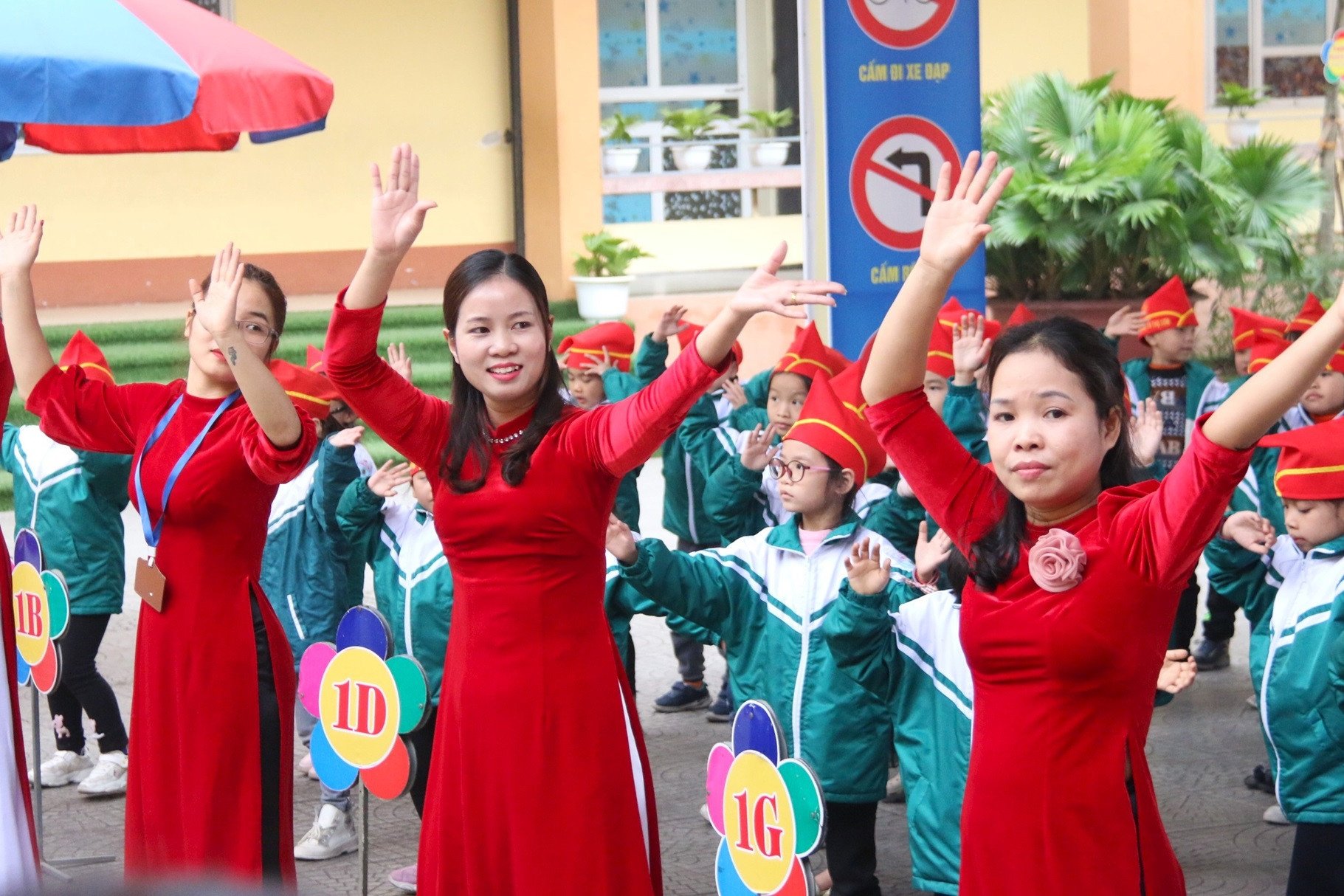
However, the Department of Teachers and Educational Managers believes that the work of developing the team of teachers and educational managers still has some difficulties and limitations.
For example, there is a local shortage of teachers in some new subjects in the 2018 General Education Program, especially teachers of English, Information Technology, Music, and Fine Arts, especially in areas with difficult socio -economic conditions. The Ministry of Education and Training assessed that the readiness and spirit of overcoming difficulties in innovation of a number of managers and teachers is still limited; the quality of the teaching staff and education managers is uneven.
Besides, the capacity for digital transformation, management and adaptation to educational innovation of a number of teachers and managers is also limited.
The Ministry of Education and Training recognizes that salary, allowance and treatment policies have not really created strong motivation; attracting and retaining high-quality human resources in the education sector still faces many difficulties.
Along with that, the planning and development of the next generation in some localities is not closely linked to practical needs and educational development orientation. In particular, in the context of implementing the two-level urban government model, many localities are facing difficulties due to the lack of staff in charge of education at the commune level, affecting the effectiveness of management, direction and implementation of the 2018 General Education Program.
In addition, planning and forecasting of teacher needs from strategic to local levels are not close and do not keep up with reality; population fluctuations and labor migration between regions are large and irregular.
The Ministry of Education and Training said that the implementation of the policy of reducing 10% of the staff in administrative and public service agencies in many localities is still being carried out mechanically. Some localities even do not recruit all the teachers assigned to implement the policy of reducing 10% of the staff.
“The causes of the above limitations may stem from the impact of socio-economic factors, such as the rapid development of industrial zones, the phenomenon of spontaneous migration leading to imbalances in student size and teaching staff structure between regions. However, the main cause is still due to limited investment resources for education; the structure of teacher training is not really linked to the needs of use; the process of decentralization of staff management between the Central and local levels still has shortcomings, especially the initial confusion and bewilderment in operating the two-level government model in localities”, the Department of Teachers and Educational Managers assessed.
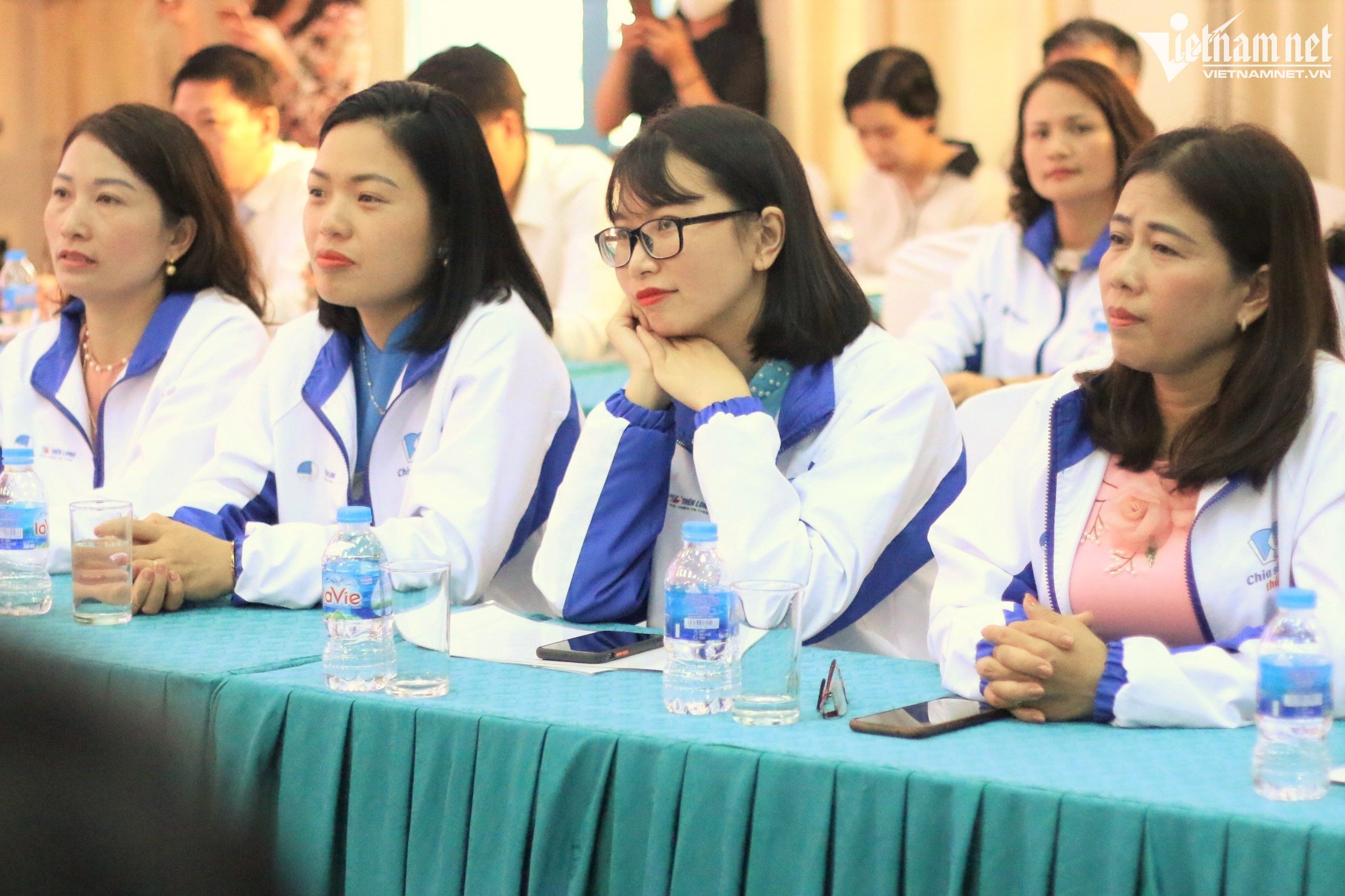
The Department of Teachers and Educational Managers said that recently, the Ministry of Education and Training has advised and issued many new policies to care for and improve the material and spiritual life of the staff. Typical examples include: Preferential allowance policy for teachers directly teaching in public general education institutions; Seniority allowance, attraction allowance, long-term service allowance for teachers working in areas with particularly difficult socio-economic conditions; adjusting the salary table and ranking of teachers' professional titles according to the provisions of the 2019 Education Law, linked to the standard training level, helping to increase income and ensure fairness in career advancement.
Along with that, the Ministry implemented new regulations on teacher professional standards, principal standards, job position frameworks and job descriptions for professional titles. Thereby, the management of the teaching staff is increasingly improved and effective, gradually meeting the increasingly high requirements for the quality of the staff.
In addition, the work of honoring and rewarding teachers is carried out seriously, promptly, publicly and to the right target; especially for teachers who directly teach and have innovative and creative initiatives.
"These policies have contributed to encouraging professional spirit, helping teachers feel secure in their work, constantly innovate, be creative, and successfully complete assigned tasks. In particular, the promulgation of the Law on Teachers will be an important turning point in Vietnam's education career, creating a solid legal corridor to honor and protect teachers, while opening up career development opportunities for the team in the period of fundamental and comprehensive innovation and international integration," said the Department of Teachers and Educational Managers.
Source: https://vietnamnet.vn/bo-gd-dt-noi-ve-nhung-chinh-sach-moi-cham-lo-nang-cao-doi-song-cua-giao-vien-2457559.html


![[Photo] General Secretary To Lam meets former British Prime Minister Tony Blair](https://vphoto.vietnam.vn/thumb/1200x675/vietnam/resource/IMAGE/2025/10/30/1761821573624_tbt-tl1-jpg.webp)
![[Photo] The Third Patriotic Emulation Congress of the Central Internal Affairs Commission](https://vphoto.vietnam.vn/thumb/1200x675/vietnam/resource/IMAGE/2025/10/30/1761831176178_dh-thi-dua-yeu-nuoc-5076-2710-jpg.webp)
![[Photo] General Secretary To Lam attends the Vietnam-UK High-Level Economic Conference](https://vphoto.vietnam.vn/thumb/1200x675/vietnam/resource/IMAGE/2025/10/30/1761825773922_anh-1-3371-jpg.webp)
![[Photo] Touching scene of thousands of people saving the embankment from the raging water](https://vphoto.vietnam.vn/thumb/1200x675/vietnam/resource/IMAGE/2025/10/30/1761825173837_ndo_br_ho-de-3-jpg.webp)
![[Photo] National Assembly Chairman Tran Thanh Man receives foreign ambassadors who came to say goodbye](https://vphoto.vietnam.vn/thumb/1200x675/vietnam/resource/IMAGE/2025/10/30/1761820977744_ndo_br_1-jpg.webp)
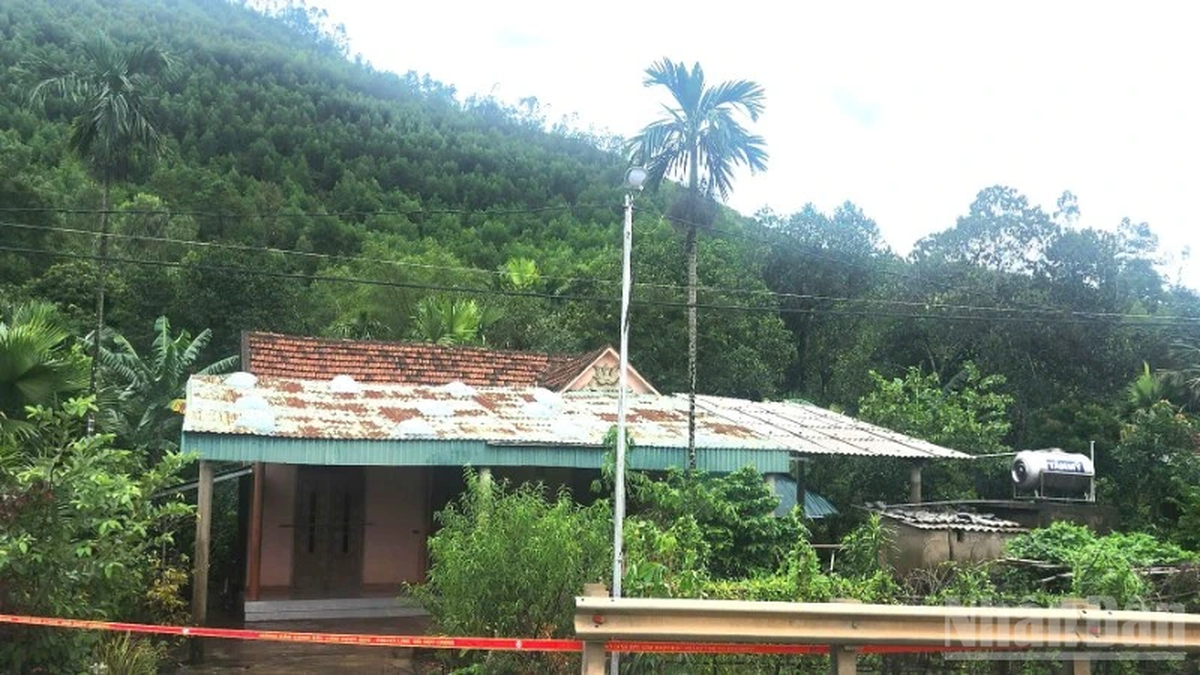


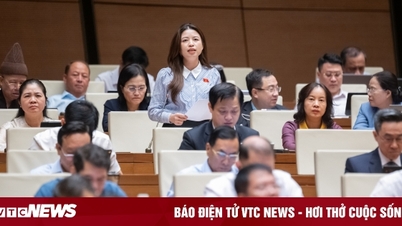

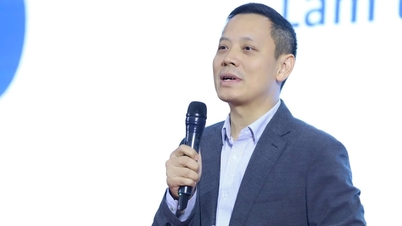
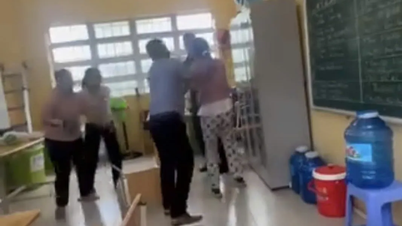

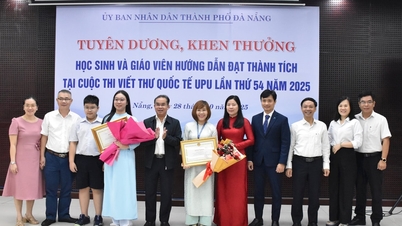

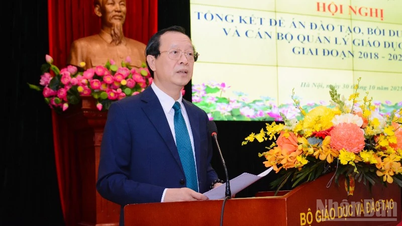

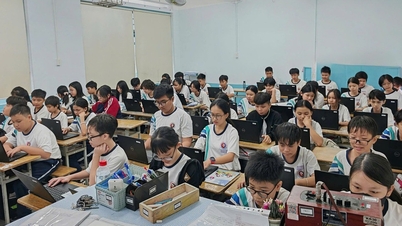
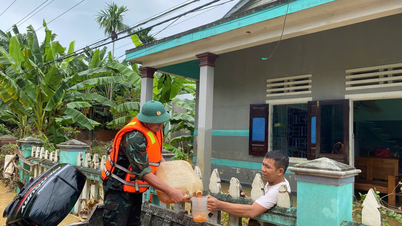

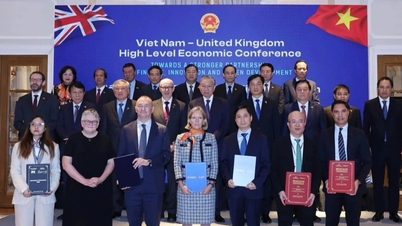








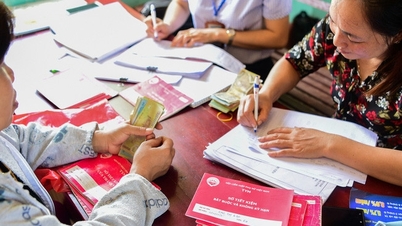
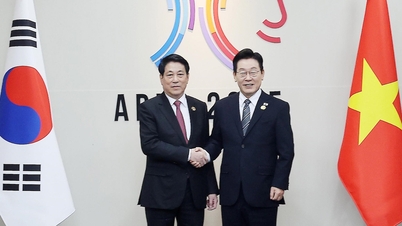
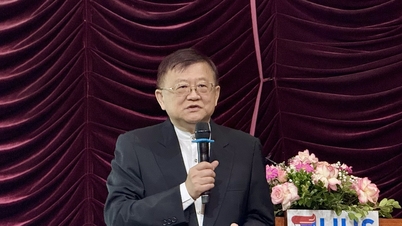
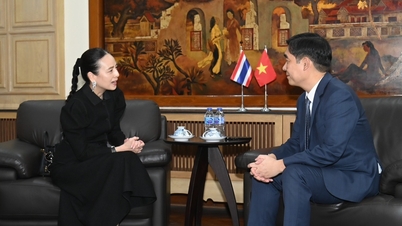

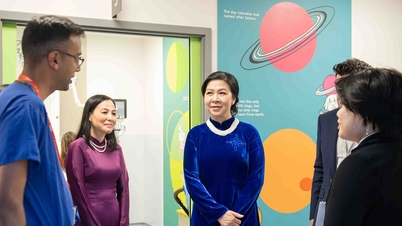






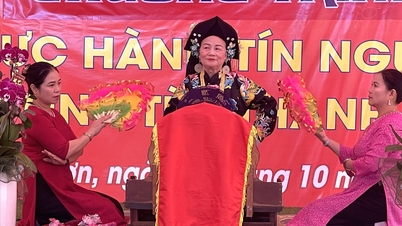

































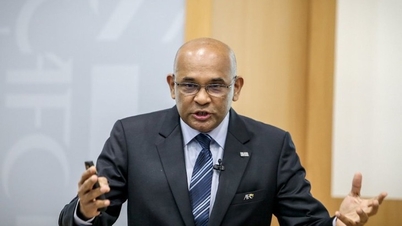


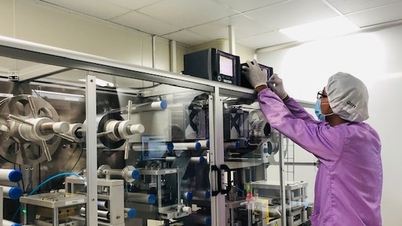
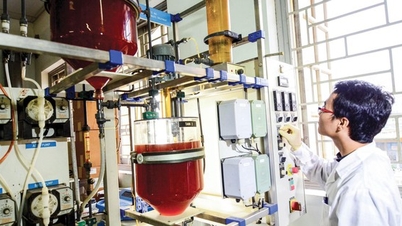
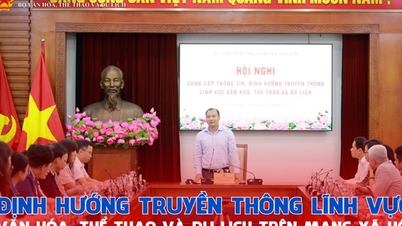
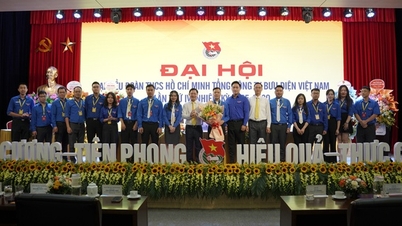
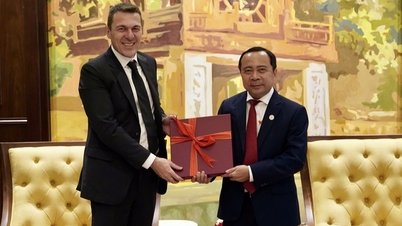
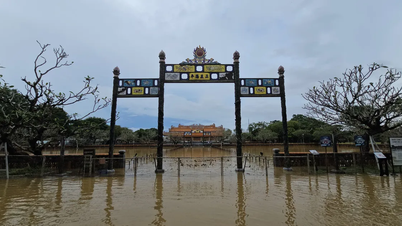
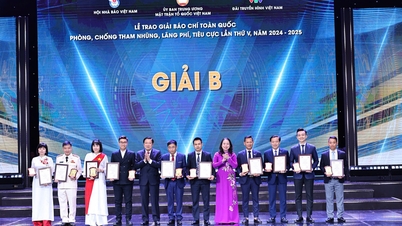

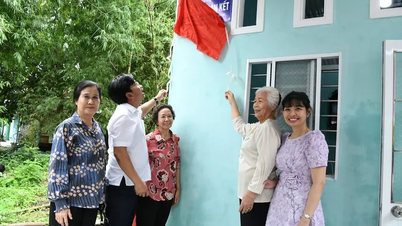

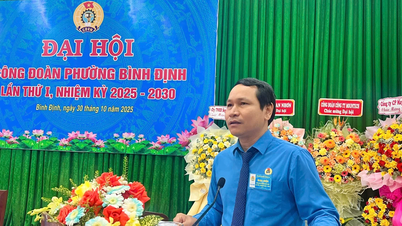




















Comment (0)